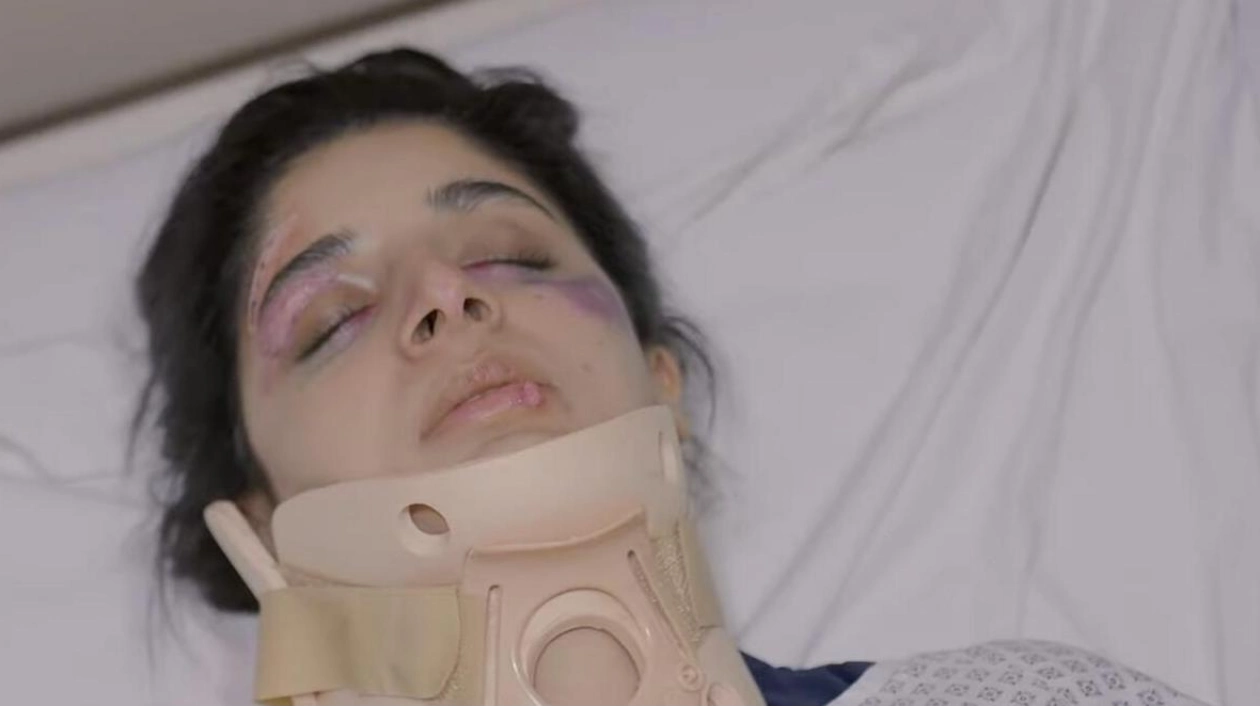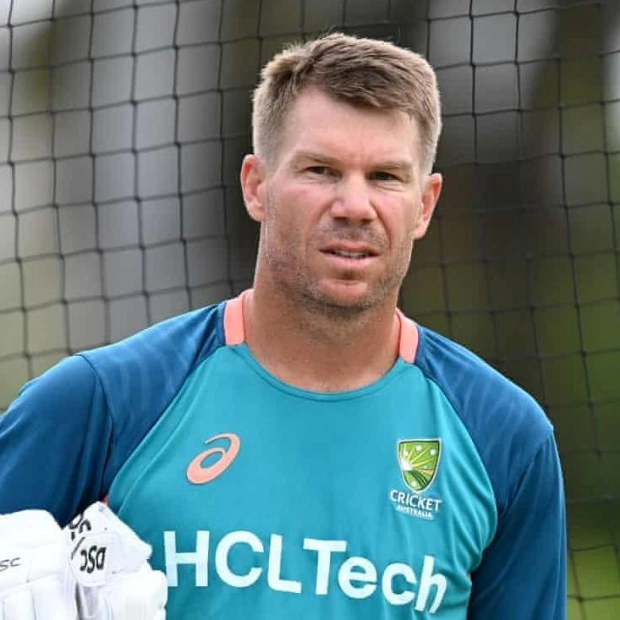It started as a fairytale romance. Dr. Zara (Mawra Hocane), accomplished, beautiful, progressive, and intelligent, is married to Hassan (Mohib Mirza), a rich, educated, and polished man who lives in a grand mansion with his paternal grandmother (Azra Mansoor). Hassan is almost every girl’s dream guy—handsome, affectionate, and eager to be married to the lovely Dr. Zara. However, this Pakistani drama, written by Samira Fazal and directed by Danish Nawaz, reveals how princes can turn into beasts. Currently in its 21st episode, the show on Hum TV has sparked powerful reactions on social media as it depicts Hassan brutally beating Zara after she insists on not having children with a man who refuses therapy.
Unlike typical stories where abusers are portrayed as violent and unapologetic, Jafaa brilliantly explores a variation of the abuser often masked as a 'good' man in South Asian societies. He apologizes profusely, switches to a childlike demeanor in his apologies, and tries to barter good behavior, promising to do better if only Zara stands by him. Researchers and psychologists suggest that abusers and those who sexually assault women often commit these crimes to exert control. Jafaa subtly hints at Hassan’s abusive upbringing, where his father regularly assaulted his mother, and words like 'fool' became trigger words for Hassan, leading to a broken sense of self.
Individuals with a broken sense of self often resort to controlling others, manipulation, and masking their true negative feelings to gain approval. In Jafaa, this psychodrama unfolds as Hassan becomes a troubled man who loses his temper over trivial matters and engages in nasty, unhinged arguments with Dr. Zara. The show brilliantly showcases that the perpetrator is not always a textbook case of an abuser; some are excellent at protecting their public images and hiding deep-rooted conflicts that turn them into monsters. Mirza skillfully portrays Hassan as a loving, attentive, and sweet person who, under normal circumstances, wouldn’t hurt a fly, but when his inner Mr. Hyde takes over, he becomes a true villain.
The show also addresses the stigma surrounding mental health. After a tumultuous fight with her supportive family, Dr. Zara insists that things can work out if Hassan consults a psychiatrist. However, Hassan deceives Zara, refusing to address his issues. His lies lead to Zara’s final decision to leave, culminating in a brutal confrontation where she is beaten black and blue. The episode, viewed by almost 6 million people since its airing, continues to be a crucial discussion point for drama viewers worldwide.
Jafaa’s brilliance, carefully crafted by Danish Nawaz and his team, is also evident in the contrast between Hassan and Dr. Numair (played by Usman Mukhtar), who is married to Andaleeb (Sehar Khan), an immature and heedless girl. Numair’s maturity, kindness, and empathy help Andaleeb cope with her disastrous life choices and become happier and more accomplished. In a conversation between Dr. Numair and Hassan, as Zara lies nearly lifeless in the hospital, Numair questions how an educated man like Hassan could hit his wife, reminding everyone that no man can prove his manhood by hitting a woman. Jafaa highlights the constant hiding of family secrets, the refusal to seek therapy, the inability to process trauma, and the social engineering that demands women sacrifice their identity and bodily autonomy, enabling abusers even in educated circles.






